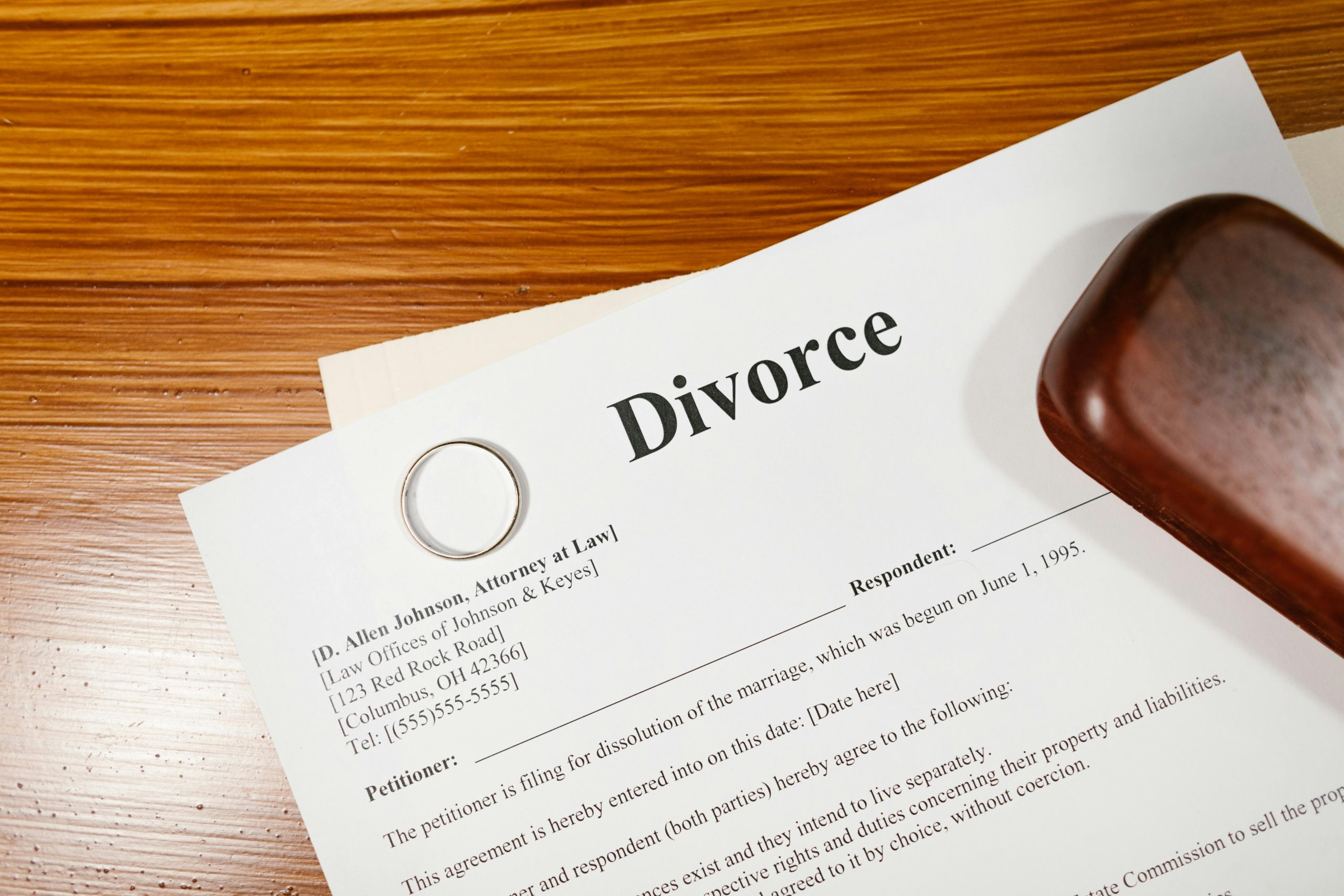Employment Discrimination Lawsuits and Workplace Equity
Welcome to the world of workplace discrimination. According to the Equal Employment Opportunity Commission (EEOC), over 72,000 charges of workplace discrimination were filed in 2019 alone. Employment discrimination in the workplace is a pervasive issue that affects not only those directly involved but also the overall workplace culture and productivity. No one should have to face discrimination in the workplace, and that is why there are laws in place to protect employees from such mistreatment. In this article, we will delve deeper into employment discrimination lawsuits and workplace equity, exploring their implications and how they affect both employers and employees.
The Basics of Employment Discrimination Lawsuits
What is Employment Discrimination?
Employment discrimination is defined as unfair treatment towards an individual in an organization based on their race, sex, age, religion, national origin, disability, or genetic information. Discrimination can take various forms, such as refusal to hire, unequal pay, harassment, or termination. It is a violation of an individual’s civil rights and goes against the principles of equity and equality in the workplace.
Types of Employment Discrimination
There are various types of employment discrimination, the most common being:
Race/Color Discrimination
This type of discrimination involves treating an employee unfairly due to their race or skin color. It also includes being prejudiced based on an employee’s association with someone of a particular race or ethnicity.
Gender/Sex Discrimination
Gender discrimination refers to discrimination based on an employee’s sex, including pregnancy, sexual harassment, and unequal pay for men and women doing similar work. This type of discrimination can affect both men and women.
Age Discrimination
Age discrimination occurs when an employer treats an individual adversely due to their age, typically those over 40. This type of discrimination is illegal under the Age Discrimination in Employment Act (ADEA).
Religious Discrimination
Religious discrimination refers to unfair treatment based on an individual’s religious beliefs or practices. Employers are required to provide reasonable accommodations for employees’ religious beliefs, as long as it does not cause undue hardship for the company.
Disability Discrimination
Under the Americans with Disabilities Act (ADA), employers are prohibited from discriminating against qualified individuals with disabilities. This includes providing necessary accommodations for them to perform their job duties.
National Origin Discrimination
This type of discrimination involves treating an employee differently due to their place of origin or ethnicity. It also includes discrimination based on the country an individual’s ancestors came from.
Filing an Employment Discrimination Lawsuit
If you believe you have been a victim of employment discrimination, you have the right to file a lawsuit. However, before filing a lawsuit, there are several steps you need to take:
1. Keep Accurate Records
Document any incidents of discrimination, including dates, times, and details of what happened. Also, keep copies of any relevant documents, such as emails, performance evaluations, and witness statements.
2. File a Complaint with HR
Most companies have policies and procedures in place for handling discrimination complaints. It is essential to follow the proper channels and document your complaint with HR.
3. Contact the EEOC
If your employer does not address your complaint or you are not satisfied with the outcome, you can file a charge with the Equal Employment Opportunity Commission (EEOC). The EEOC will investigate your case and may file a lawsuit against your employer on your behalf.
4. Seek Legal Counsel
If you decide to file a lawsuit, it is crucial to seek advice from an experienced employment discrimination lawyer. They will help you gather evidence, file the necessary paperwork, and represent you in court.
The Impact of Employment Discrimination Lawsuits
Employment discrimination lawsuits do not only affect the individuals involved but also have a significant impact on the workplace environment and culture. Here are some repercussions of workplace discrimination lawsuits:
1. Costly Legal Battles
Defending against an employment discrimination lawsuit can be expensive for employers, often resulting in hefty payouts and legal fees. With the rise in employment discrimination cases, employers are encouraged to have policies and training programs in place to prevent potential lawsuits.
2. Damage to Company Reputation
When an employer is sued for discrimination, it can significantly tarnish their reputation, leading to a decrease in consumer trust. This can have long-term negative effects on the company’s success and profitability.
3. Negative Workplace Culture
Workplace discrimination can create a toxic work environment, causing distress and low morale among employees. This can also lead to high turnover rates, resulting in a loss of talent and productivity.
4. Need for Diversity and Inclusion
In light of the numerous discrimination cases, companies are now placing more emphasis on diversity and inclusion in the workplace. This includes training programs, policies, and hiring practices that promote a more inclusive and equitable workplace environment.
In Conclusion
Employment discrimination lawsuits and workplace equity are crucial topics in today’s society. Employers must ensure that they are in compliance with all laws and regulations to prevent any discrimination in the workplace. Likewise, employees should know their rights and take appropriate measures if they experience any form of discrimination. By promoting equity and equality in the workplace, we can create a fair and harmonious working environment for all employees.










